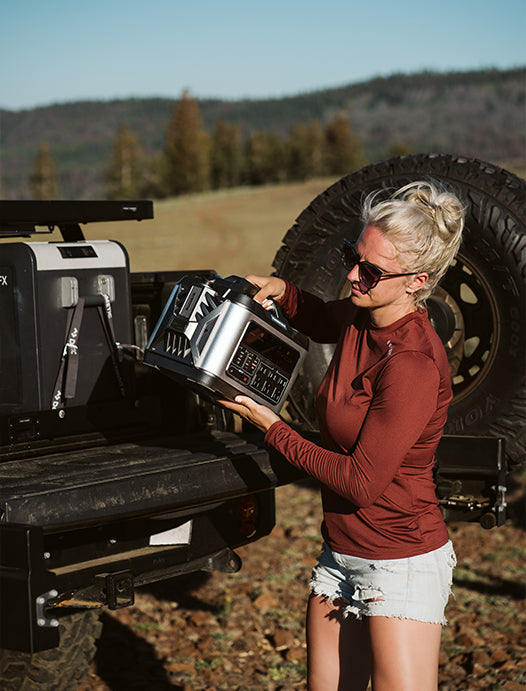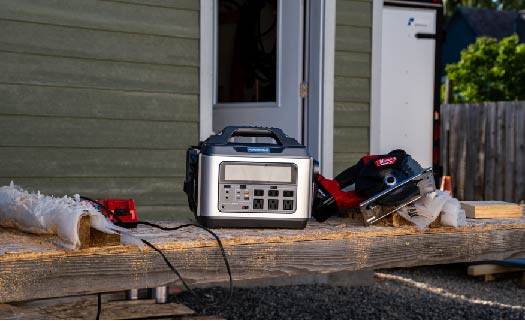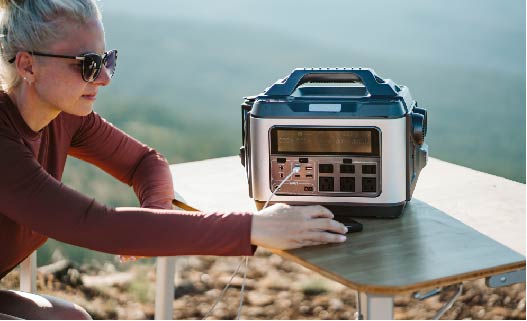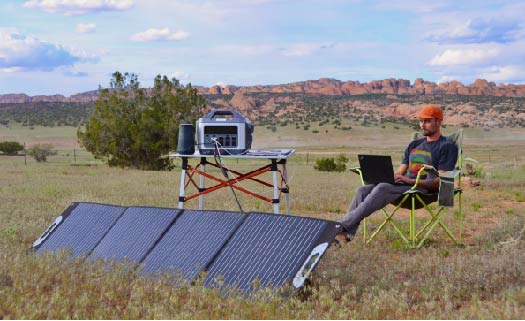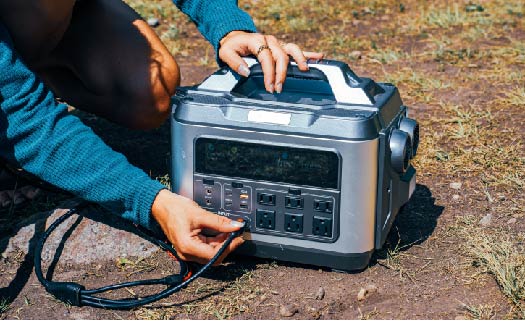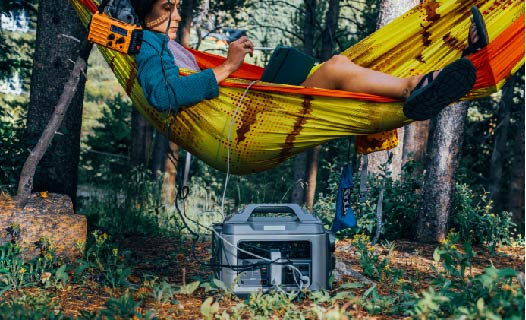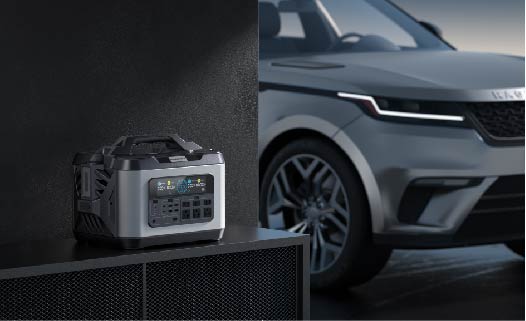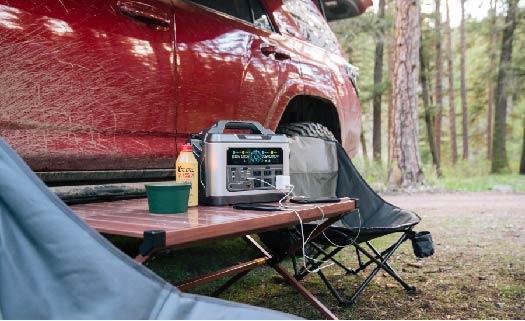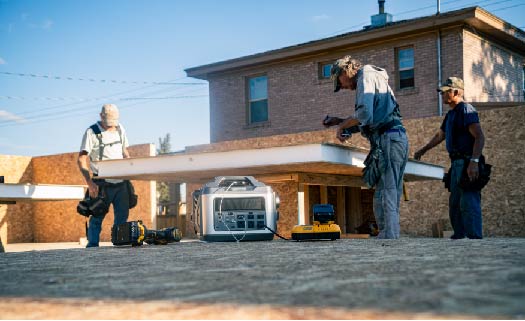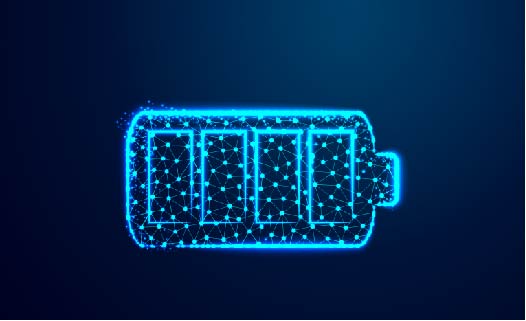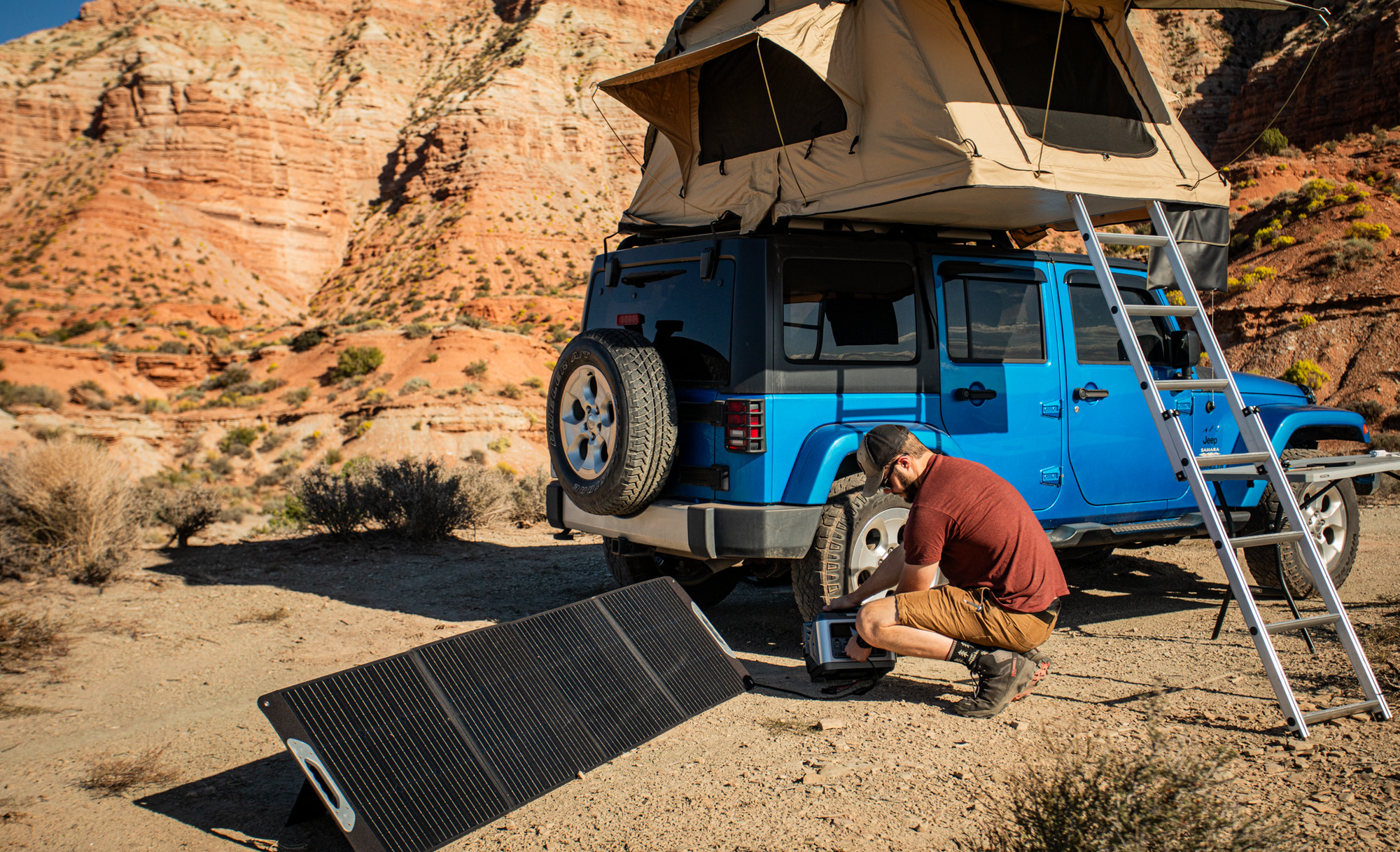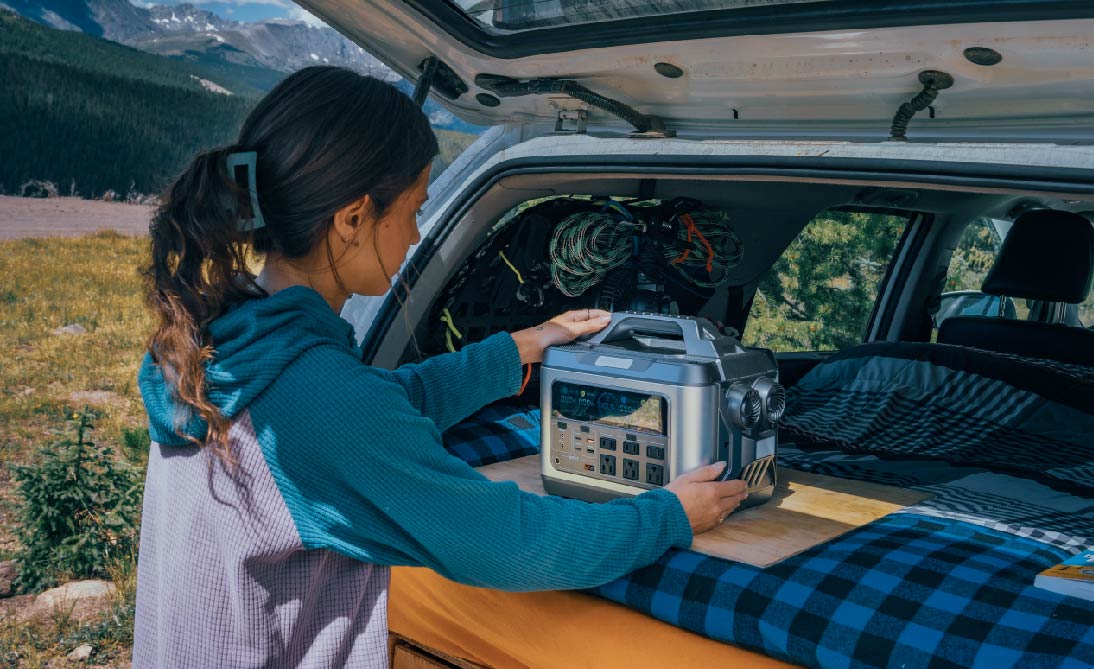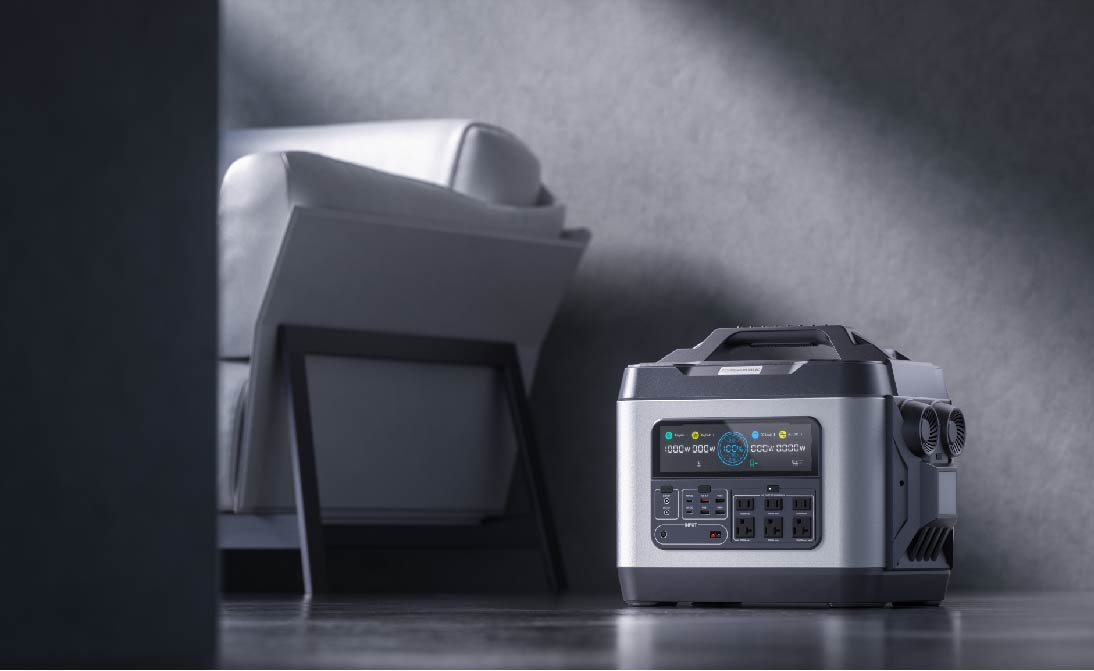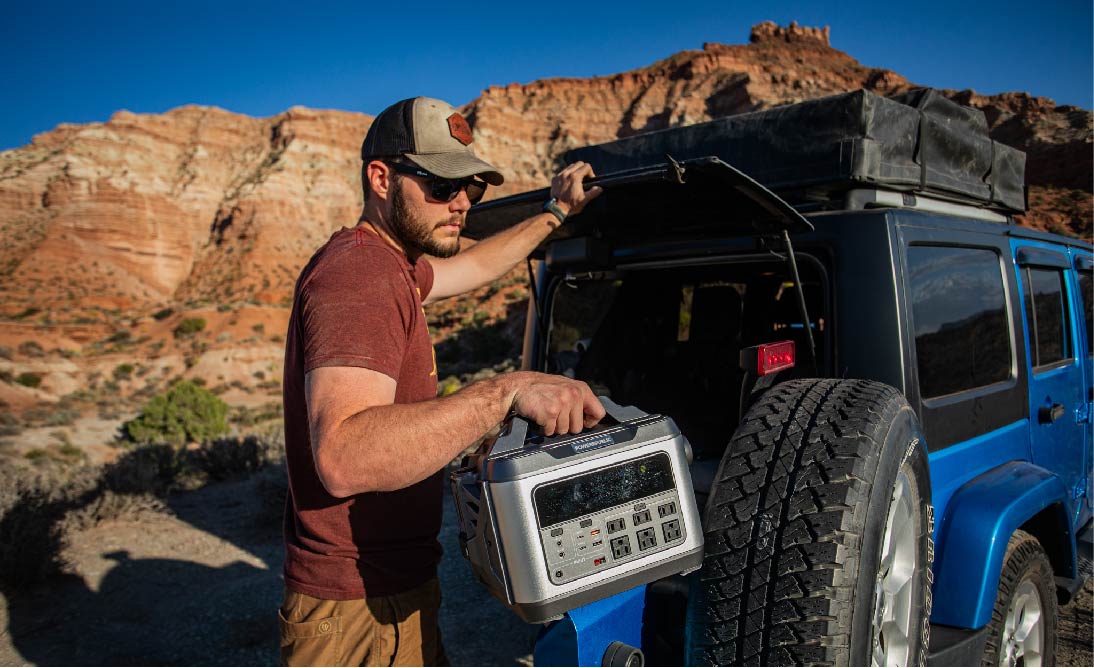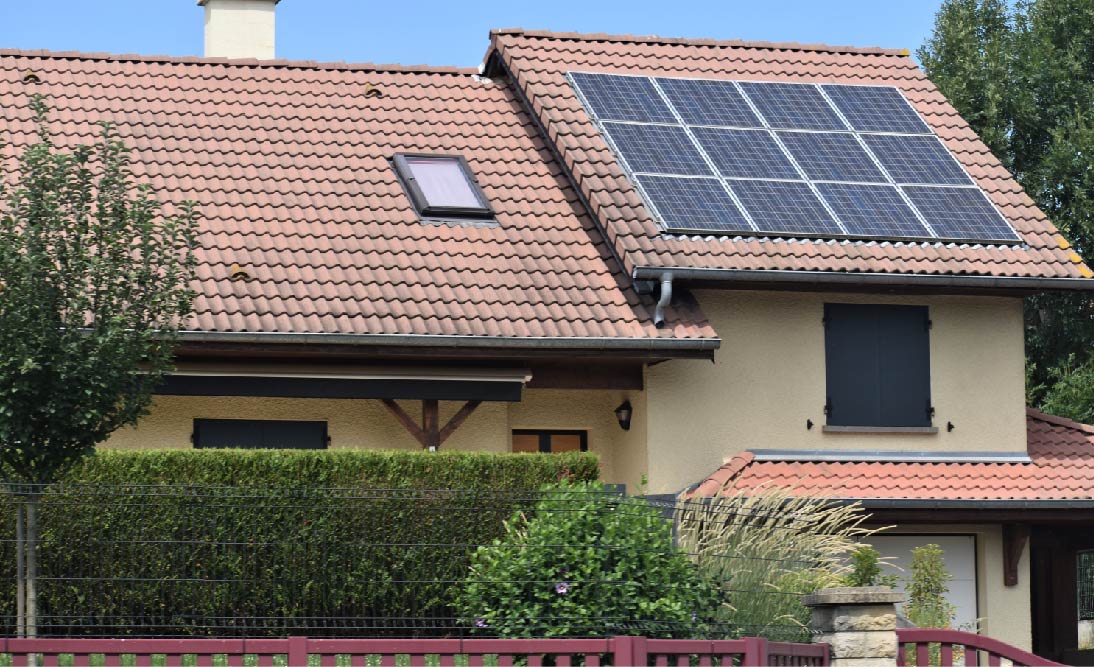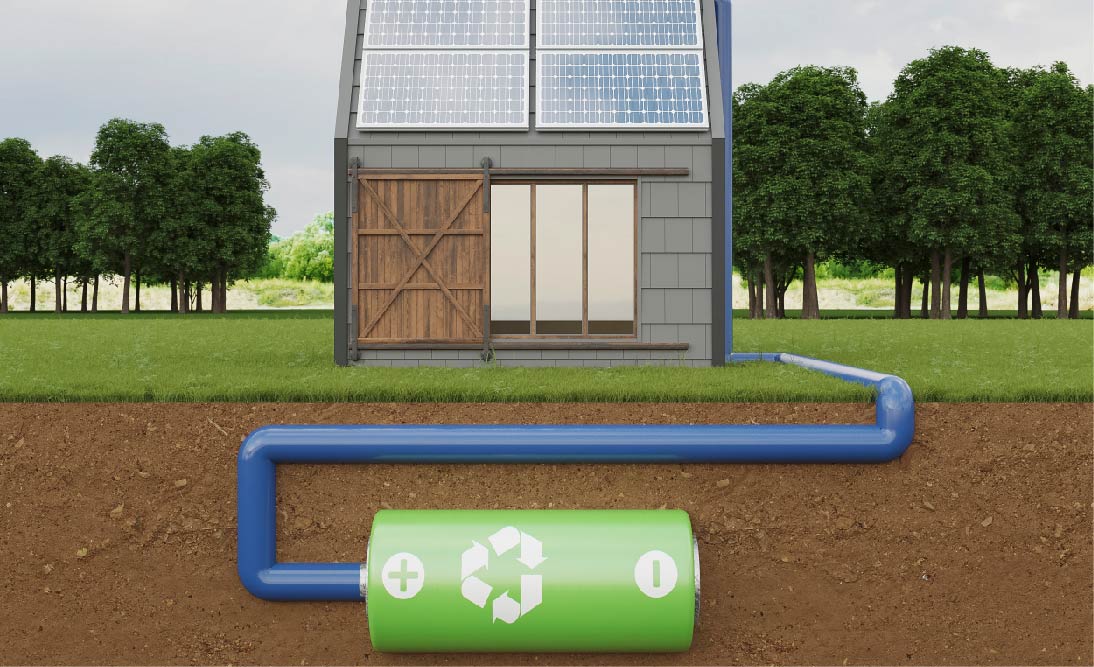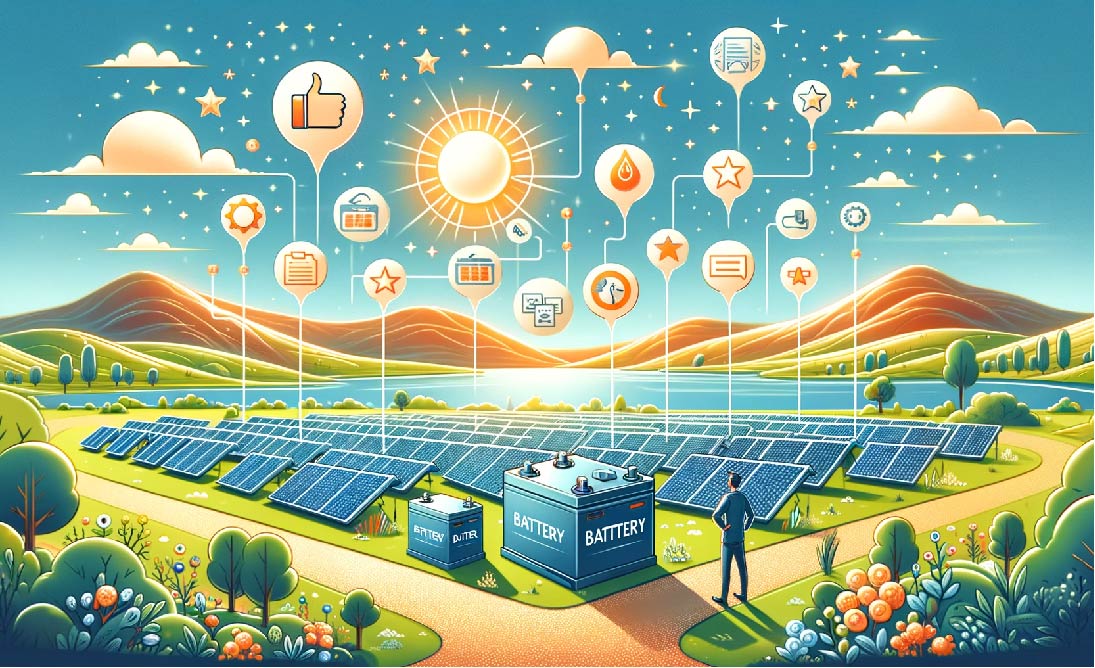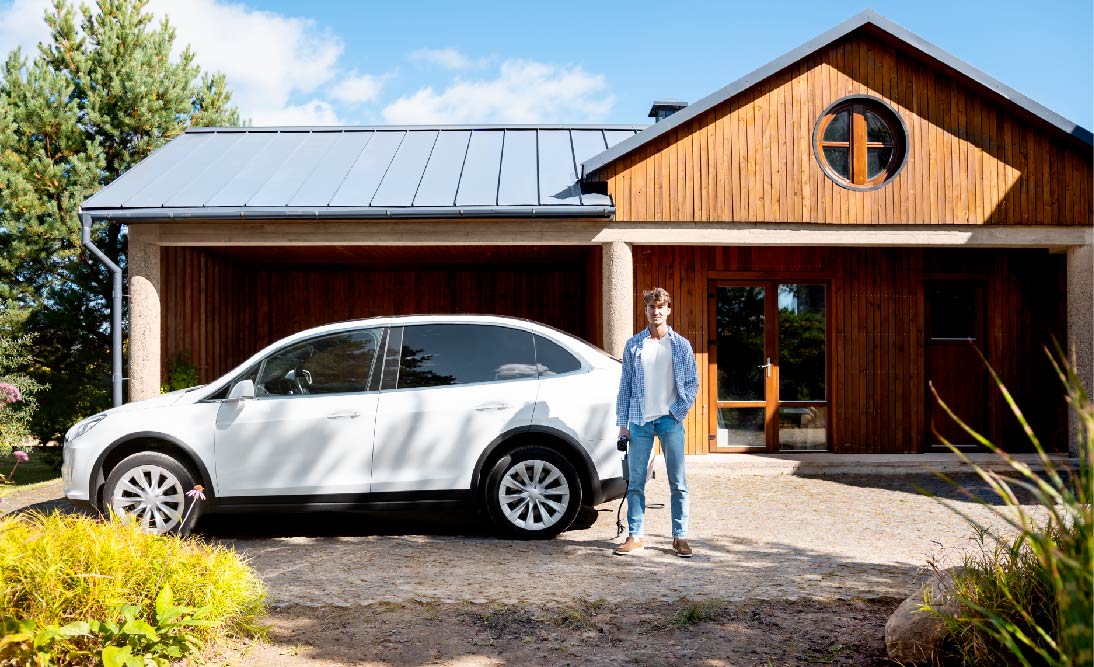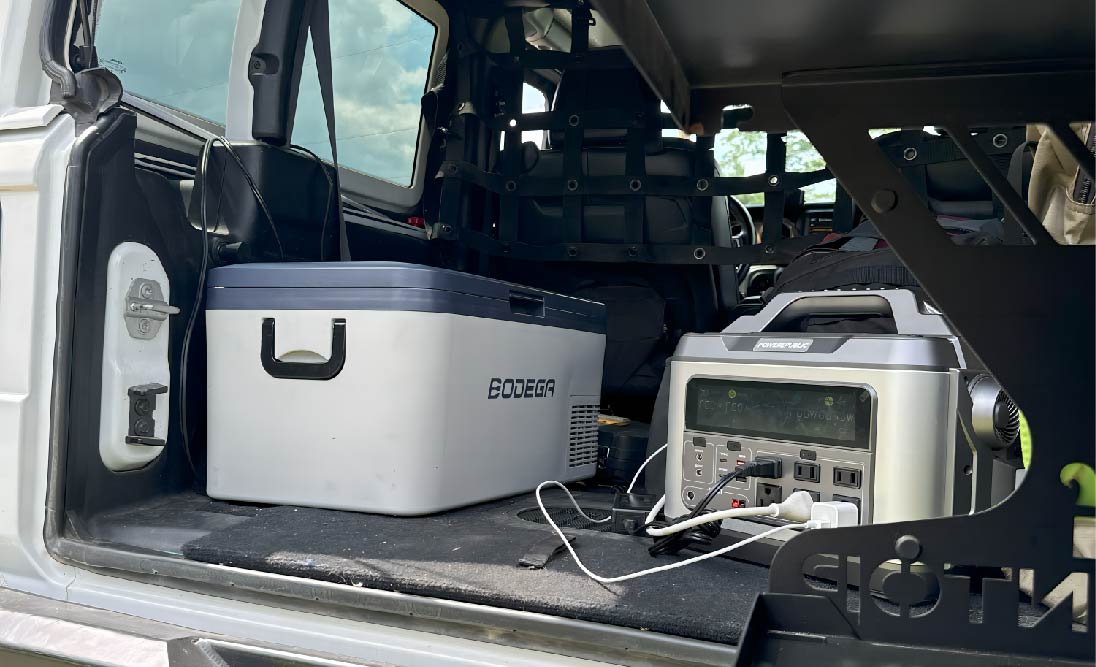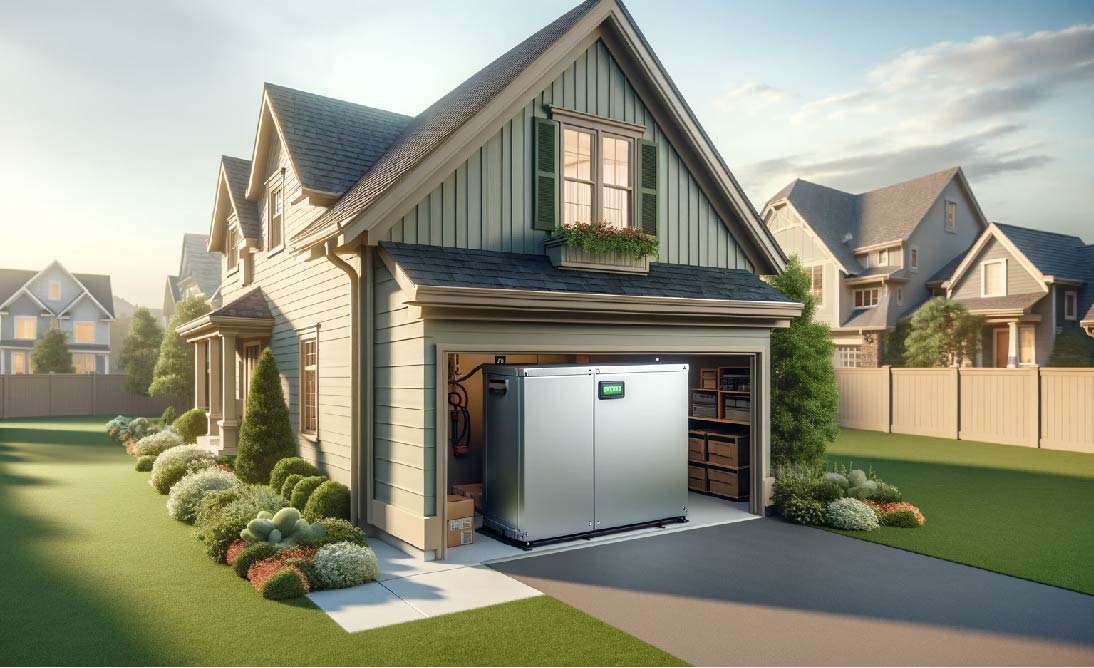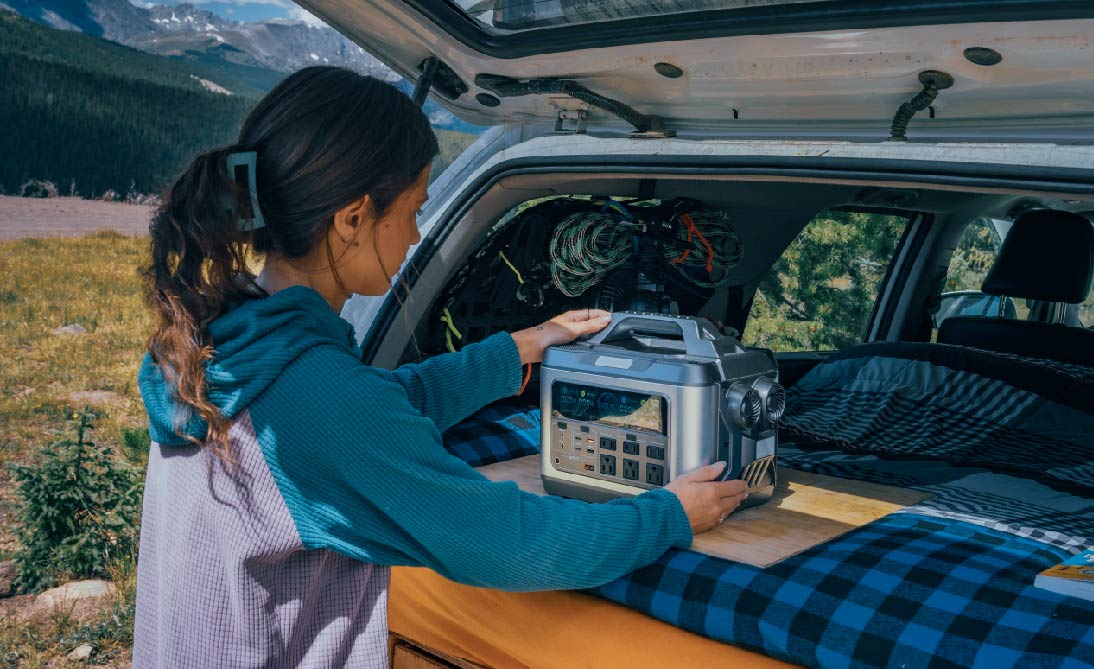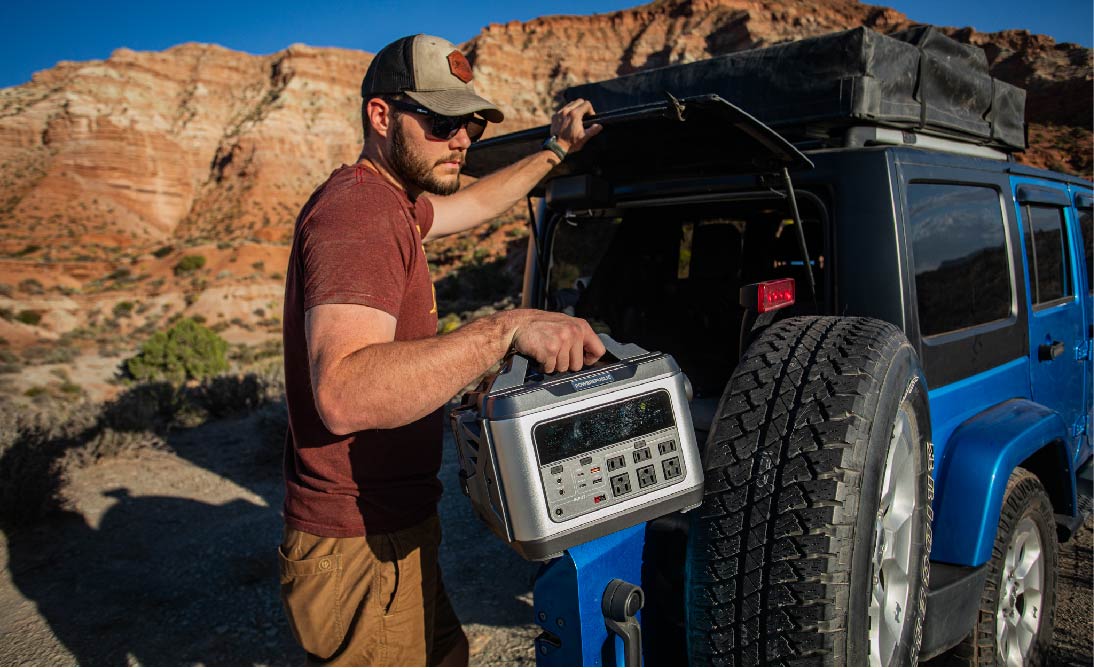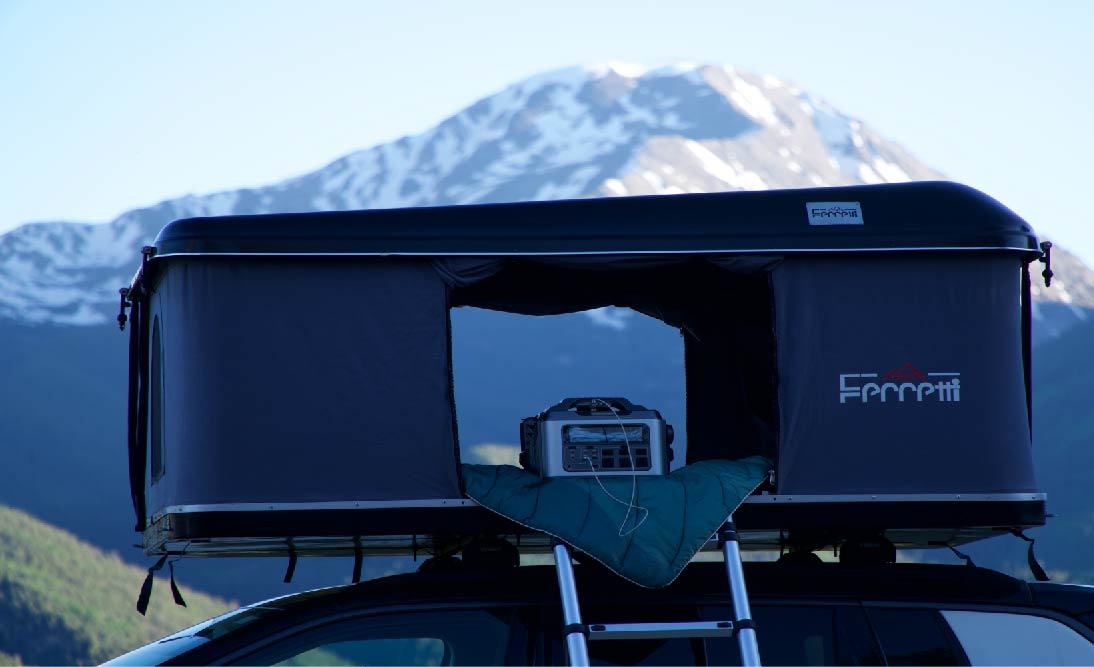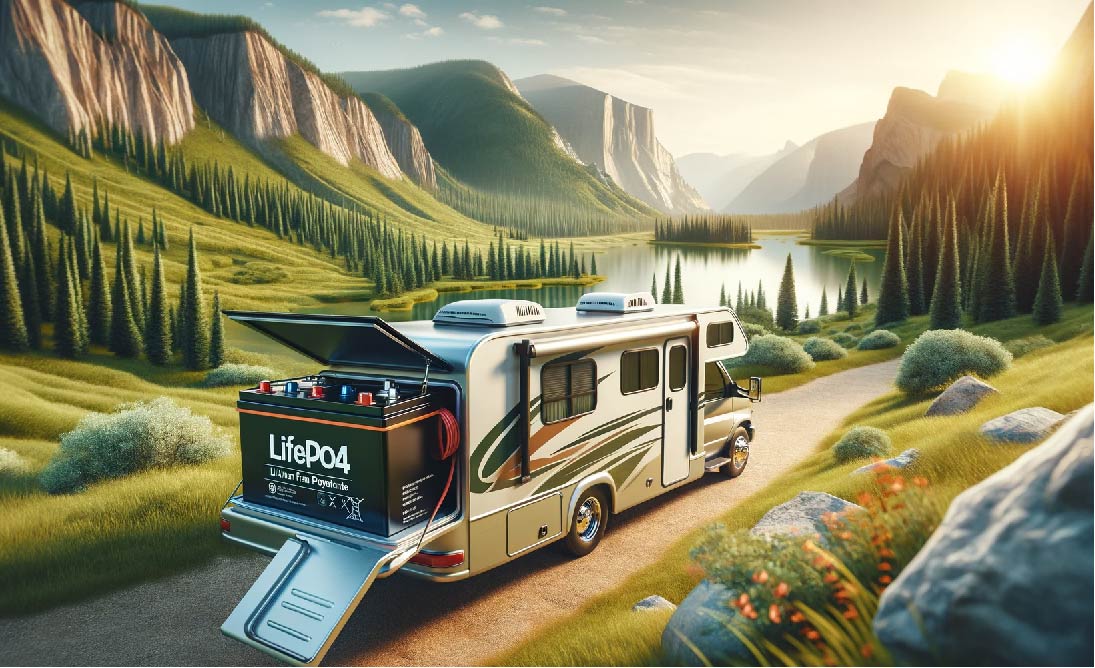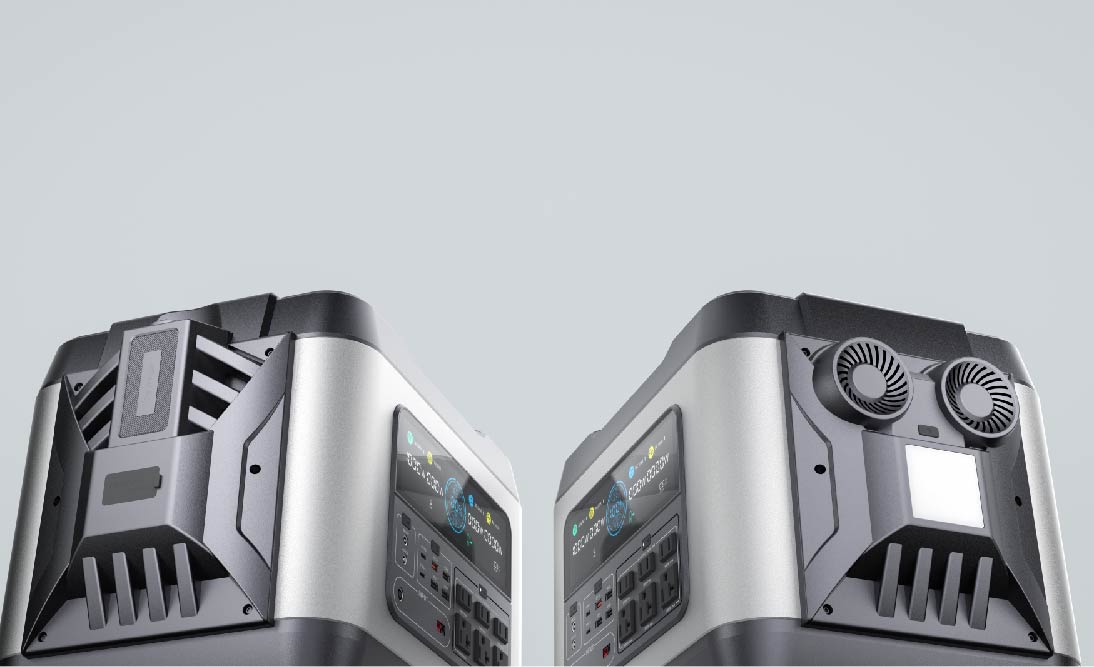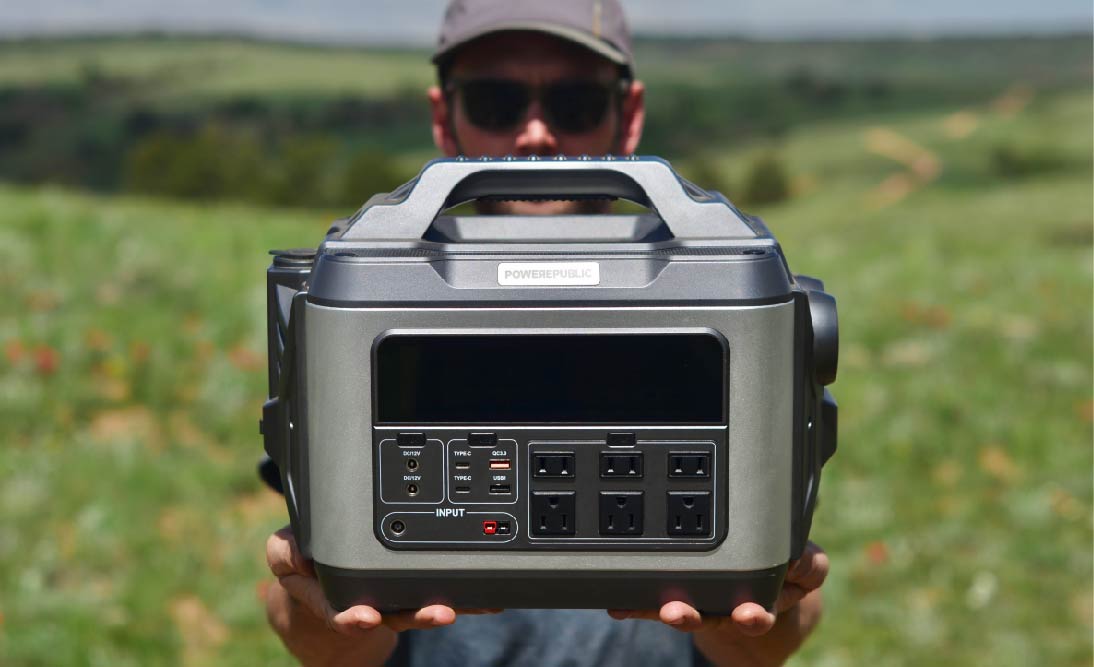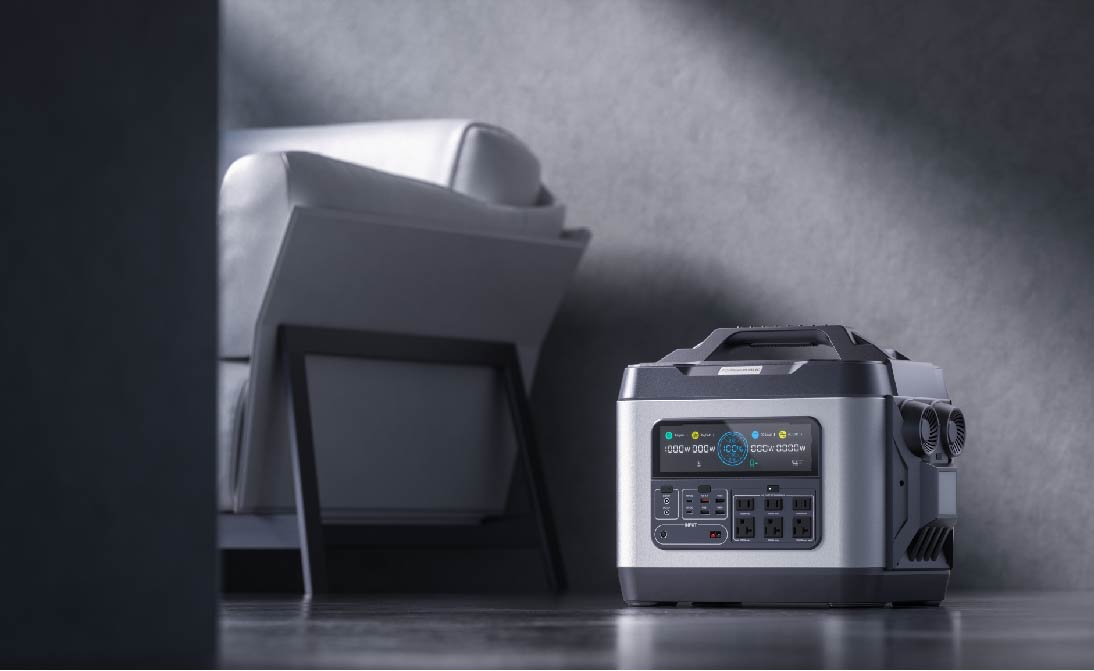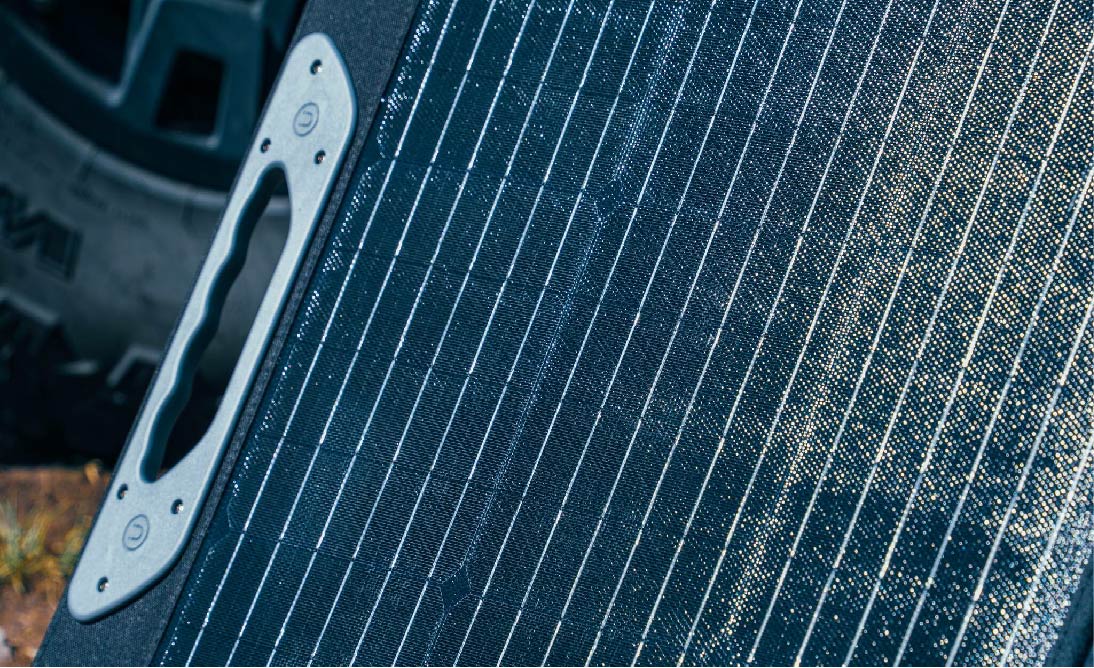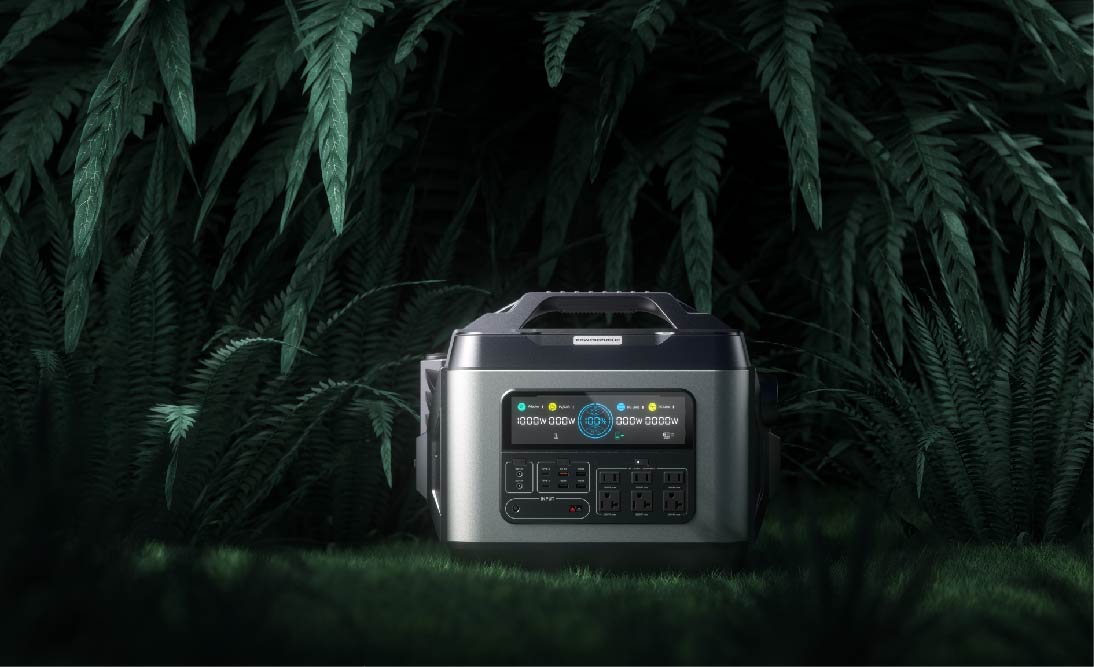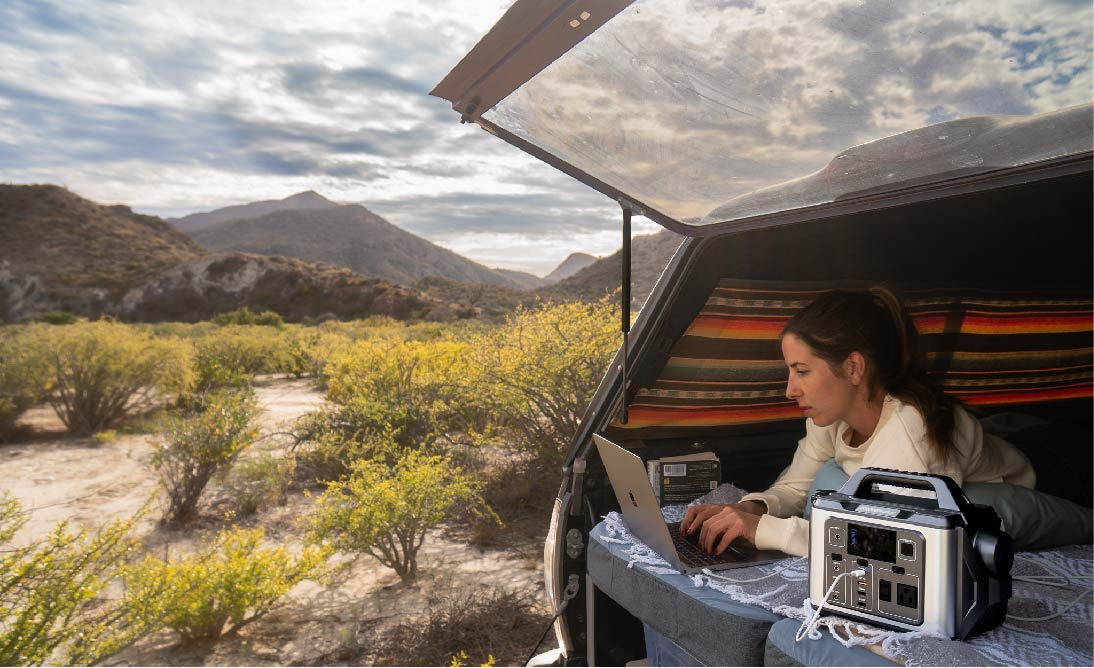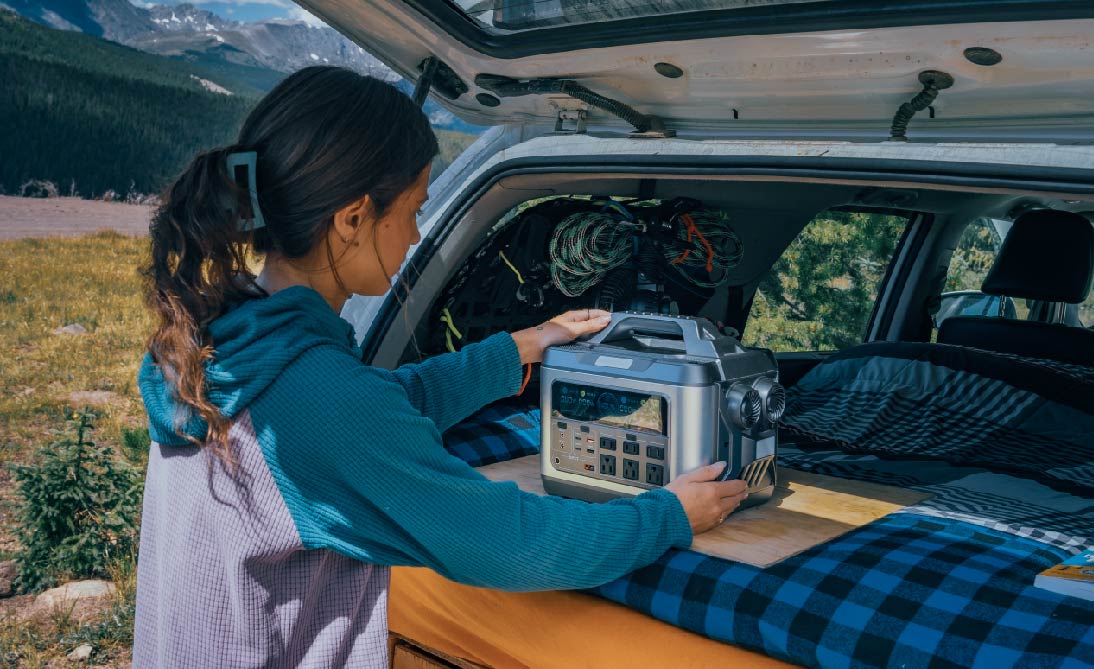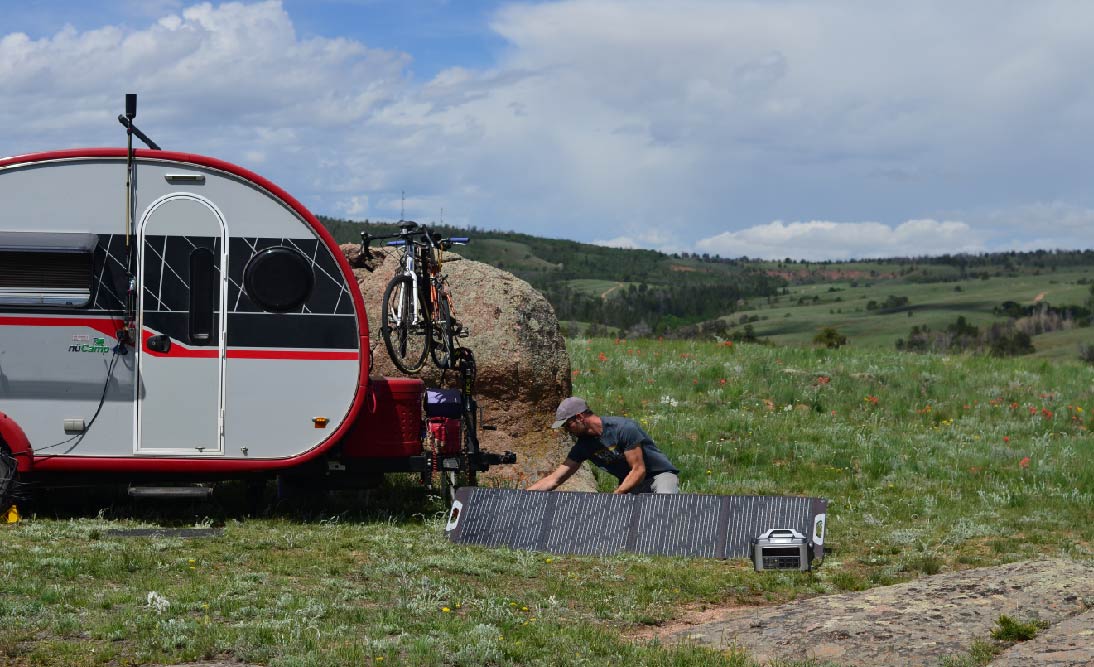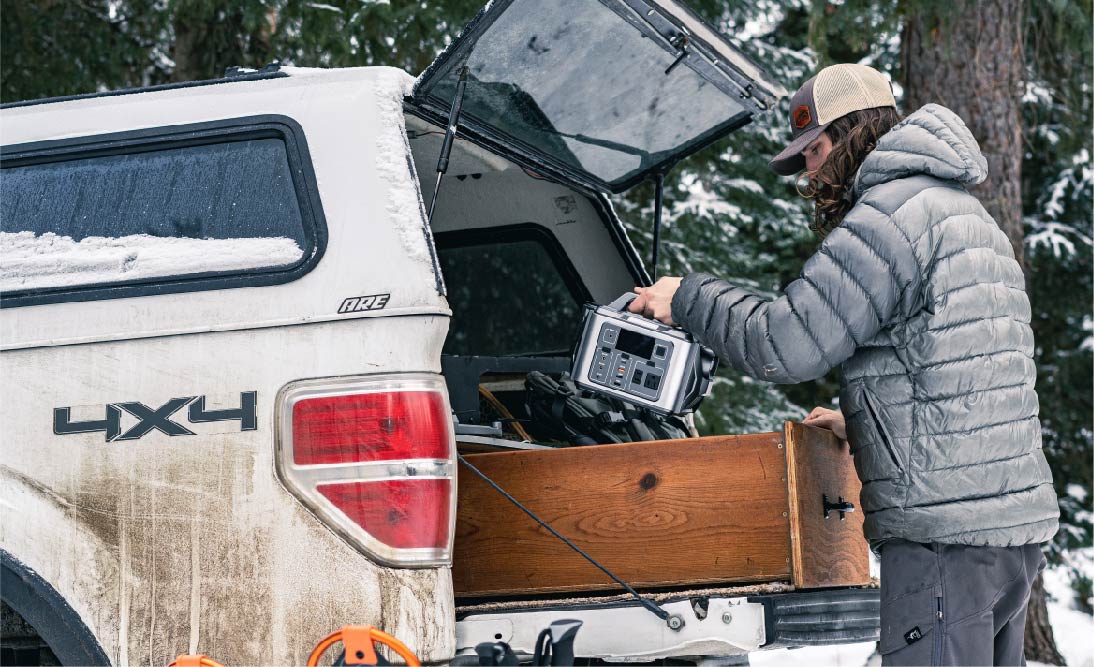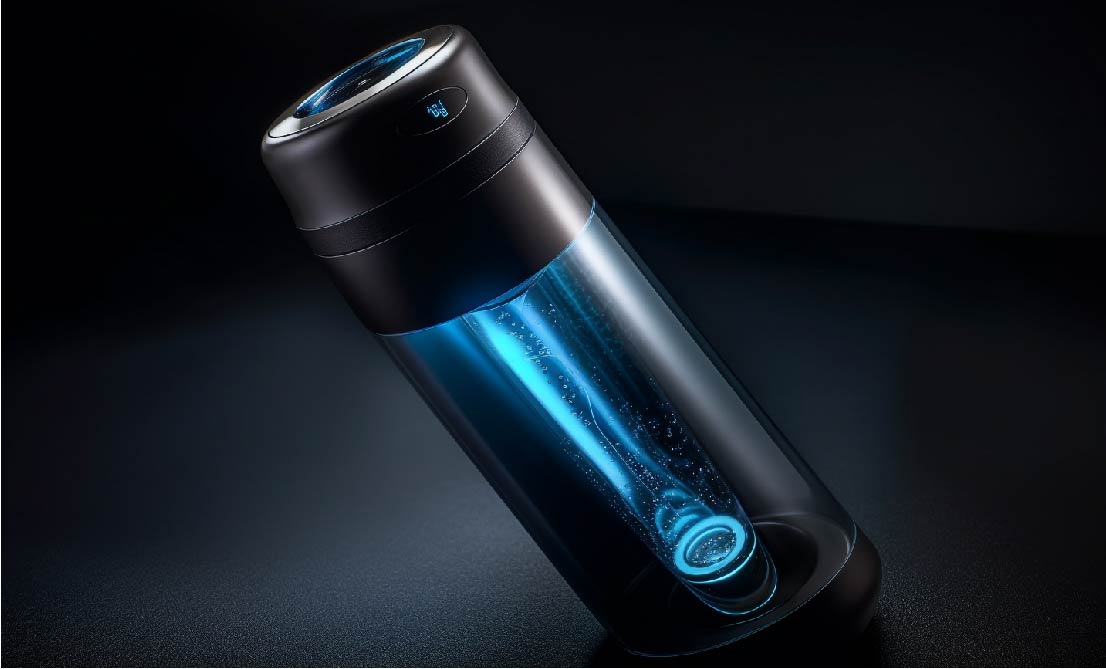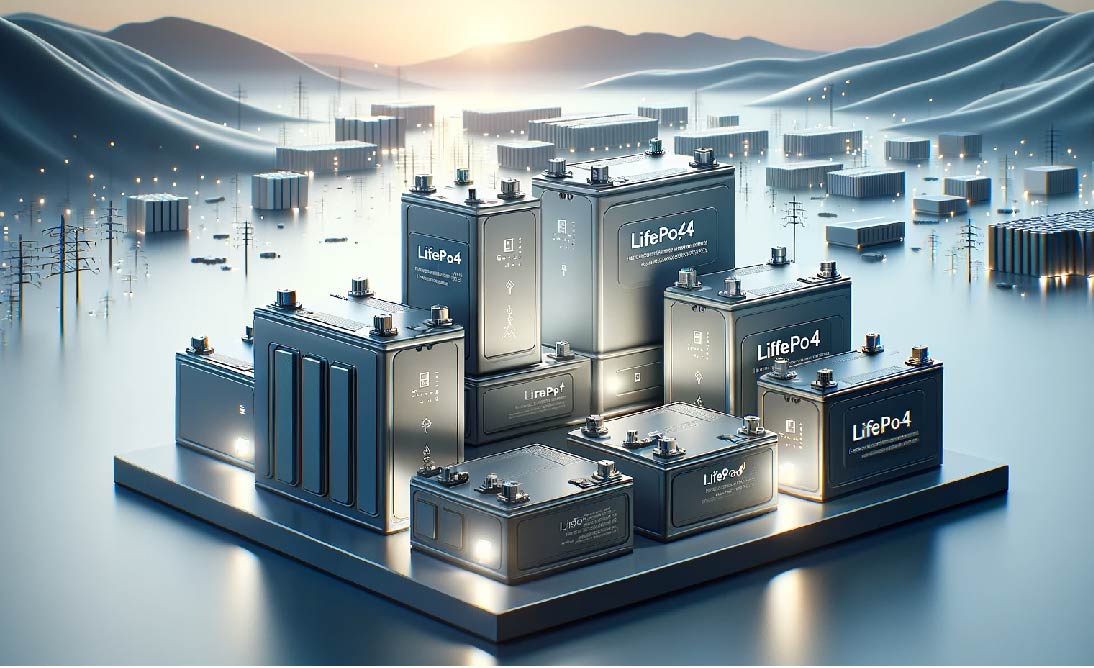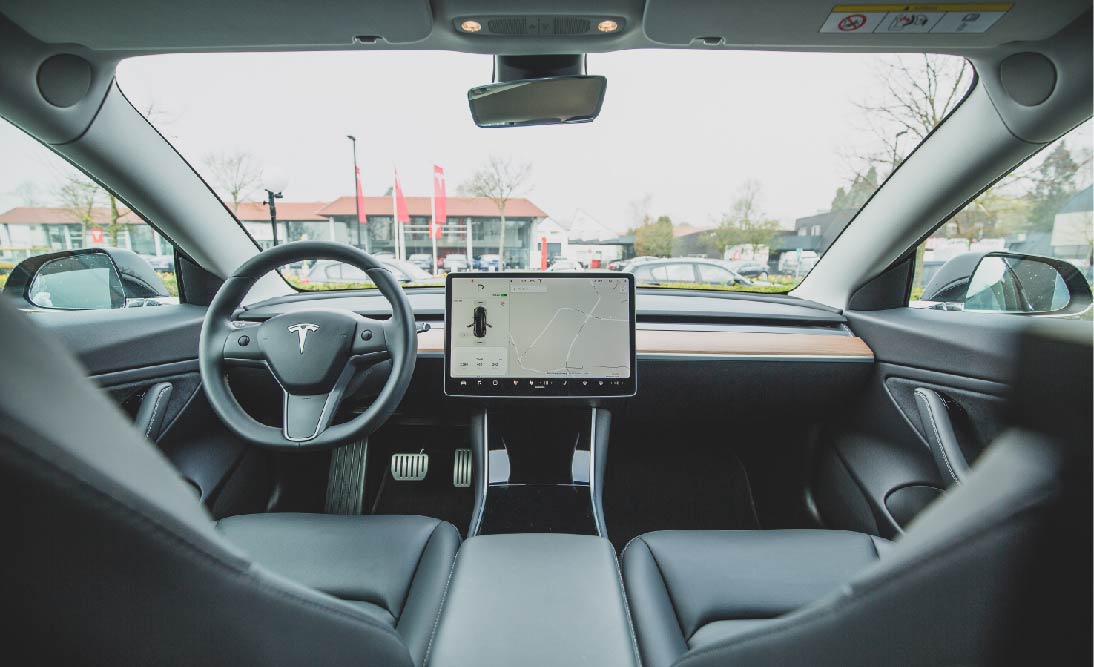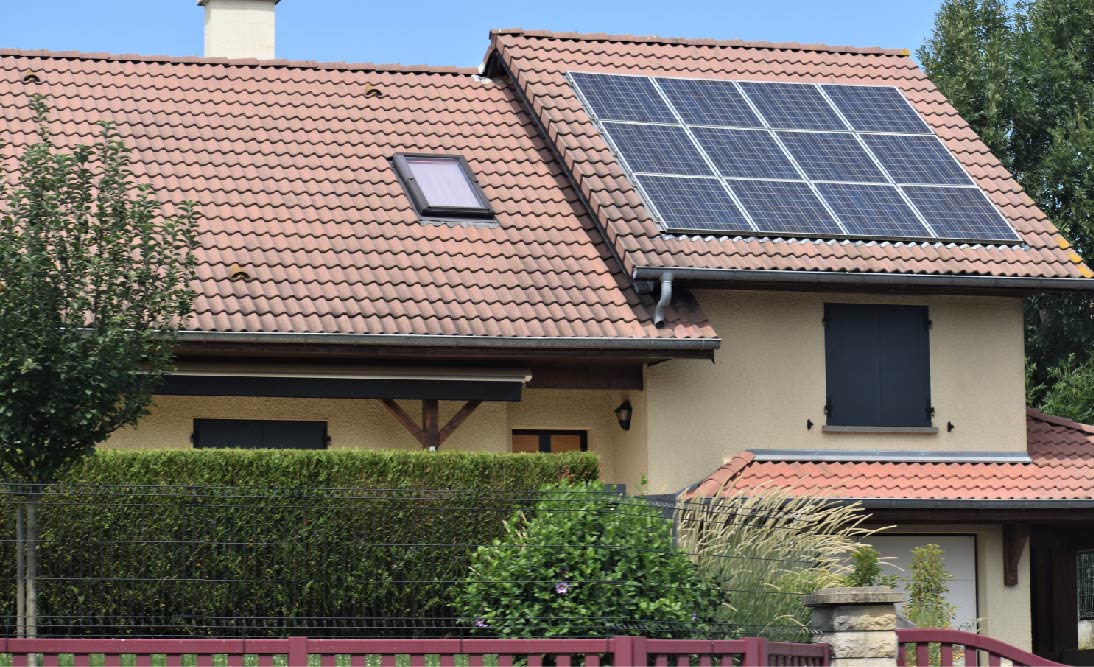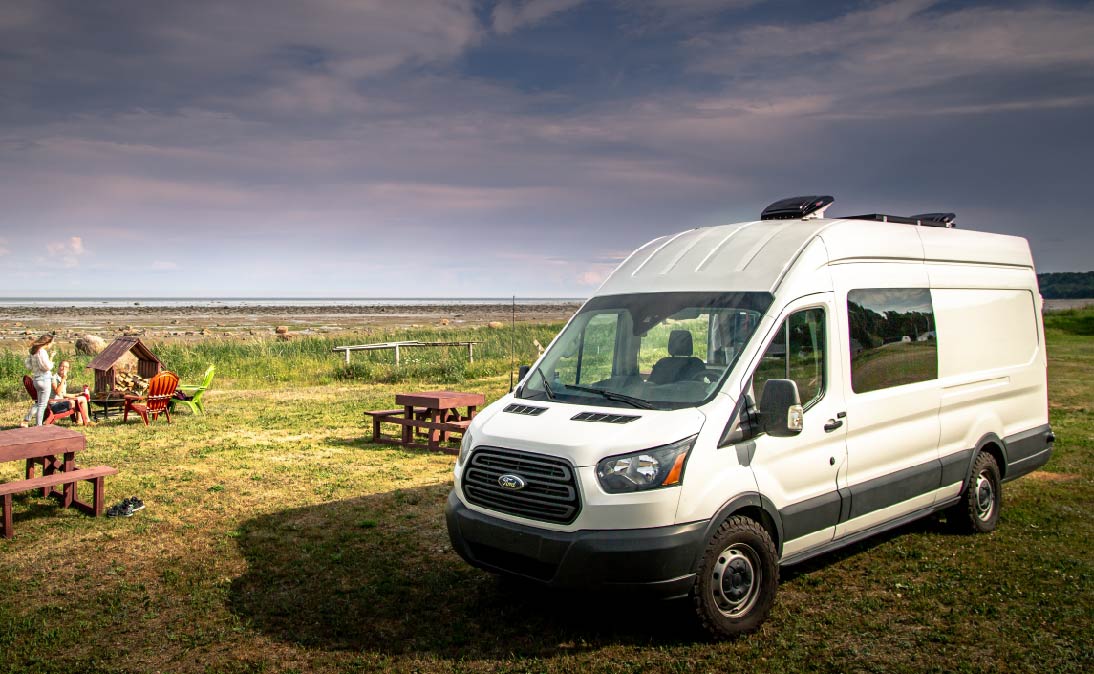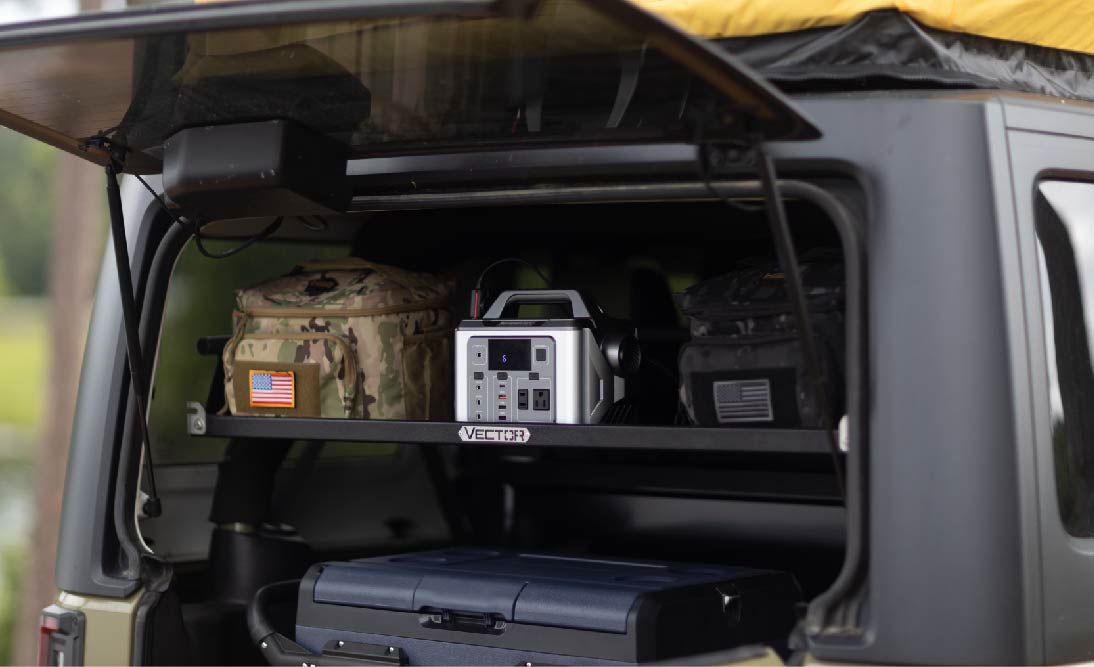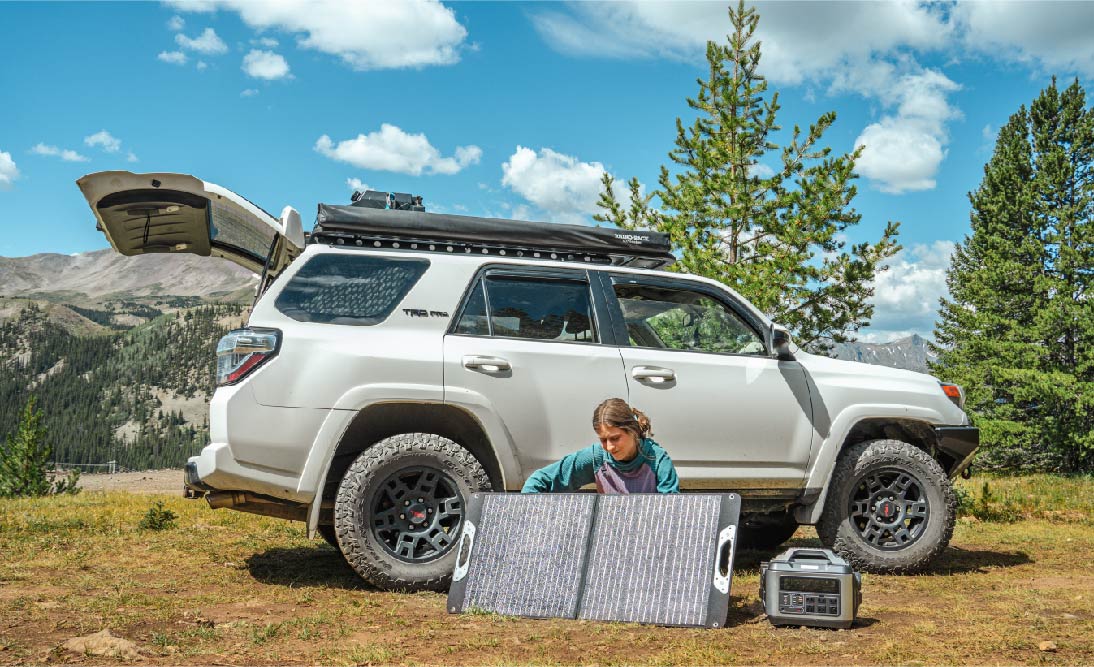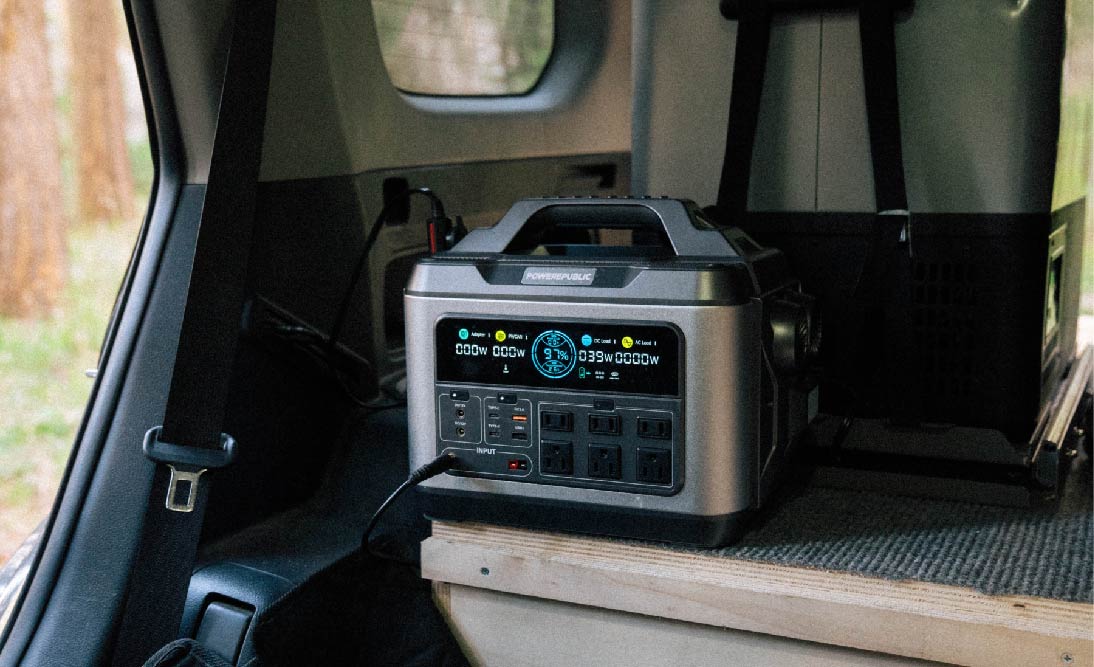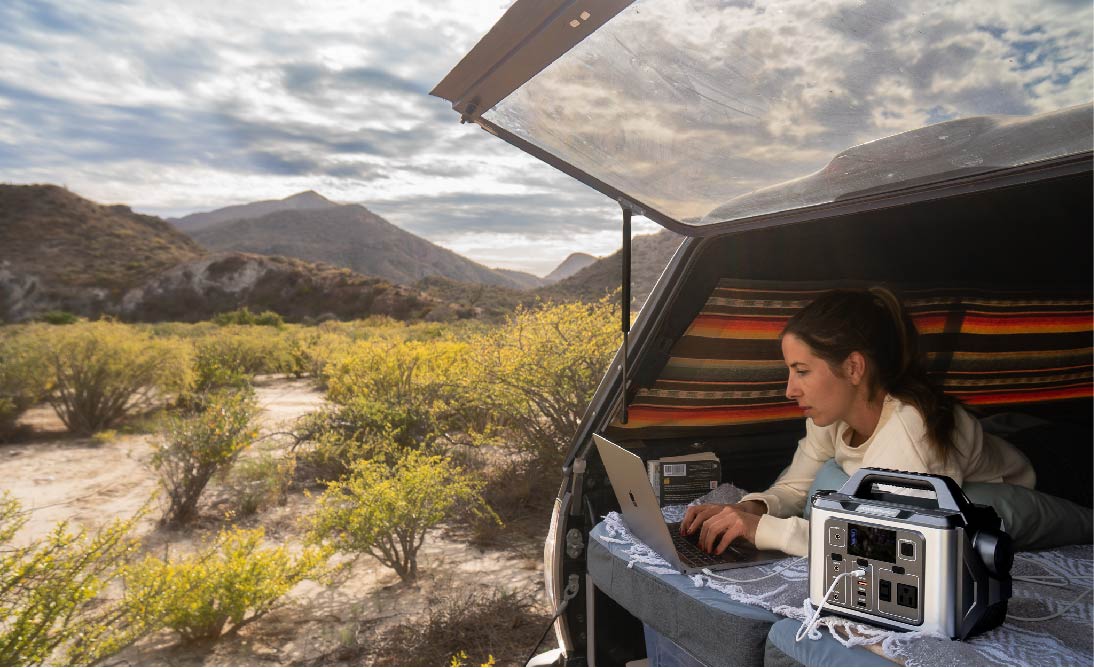Air fryers have become popular in recent years, as they can deliver delicious fried foods with little to no oil. However, if you are an energy-conscious consumer, it's essential to understand the energy consumption of air fryers and their impact on our electricity usage. In this article, we will delve into the watts, the buzz, and the energy efficiency of air fryers.
To better comprehend the energy consumption of air fryers, let's start by understanding how they work. Unlike traditional deep fryers that require large amounts of oil, air fryers use a different method to cook. They utilize rapid air circulation combined with high heat to cook food evenly and create a crispy texture. This process involves the use of an electric heating element and a fan to circulate hot air within the cooking chamber. Through this process, air fryers can make delicious food with less oil and at a faster pace.
How Many Watts Do I Need For An Air Fryer?
The power consumption of an air fryer is typically measured in watts(W). Watts represents the rate at which electrical energy is consumed or produced.
When looking for an air fryer, you will often come across the wattage specification. It indicates the amount of power the appliance uses during normal operation. Most air fryers on the market range from 800 to 2000 watts, with the average falling around 1400 watts. Smaller fryers typically use fewer watts, while larger models consume more watts.
Small Air Fryers
The wattage of small fryers is usually rated at around 800 to 1,200 watts. They are perfect for one or two-person households. If you like to make some food while going outdoors, small air fryers are good for you as they use much less energy and are very easy to carry around, making them ideal for camping or any other outdoor activities and events.
If you are looking for a portable power station to power small air fryers, try POWEREPUBLIC T1200, as it can easily support a small air fryer for about an hour. If you want to power it for a longer period, try POWEREPUBLIC T2200 as it can power almost 90% of the home appliances. These two models are both compatible with portable solar panels if you need more power off-grid.
Medium Air Fryers
Medium air fryers usually have a wattage from 1,200 to 1,500 watts. They can hold around 3 to 5 quarts of food, making them ideal for small families with 3 to 5 people. A medium fryer strikes a good balance between energy consumption and usability—it will cook faster than a smaller one.
If you are looking for a portable power station to power medium air fryers, try POWEREPUBLIC T2200, as it can easily support a small air fryer for at least one hour. If you want to power it for a longer period, try POWEREPUBLIC T3000 as it can power almost all home appliances.
Large Air Fryers
Large air fryers use the most watts rated between 1,500 and 2,000 watts. But it’s still less compared to an electric oven, which consumes around 2,000 to 5,000-watt power. Most large fryers hold 6 to 8 quarts of food. Large air fryers are ideal for large families. They consume more energy than an average household air fryer.
If you are looking for a portable power station to power large air fryers, try POWEREPUBLIC T3000 as it can power almost all home appliances. T2200 can handle it but it will only last less than 1 hour. So we recommend getting a larger portable power station.
If you want to know how to calculate the amount of time, Click to learn more.
Factors That Affect Energy Usages
Several factors can affect the energy usage of air fryers. Understanding these factors can help you make informed decisions about how to use your air fryer more efficiently. Let’s get into it:
-
Wattage: Higher wattage models generally consume more energy. When purchasing an air fryer, consider the wattage and find a balance between the cooking power you need and energy efficiency.
-
Cooking Time and Temperature: Cooking at higher temperatures and for longer duration will require more energy. Whenever possible, try to cook at lower temperatures or for a shorter duration while ensuring that your food is cooked thoroughly.
-
Cooking Capacity: If you frequently cook small portions, use a small or medium air fryer to avoid consuming more Match the size of your air fryer to your typical cooking needs.
-
Preheating: Air fryers do not require preheating. Preheating an appliance consumes additional energy, so the advantage of skipping this step in an air fryer can contribute to energy savings.
-
Frequency of Use: If you use it frequently, the cumulative energy usage can add up. Consider consolidating your cooking sessions to reduce overall energy consumption.
-
Maintenance: Regularly cleaning the appliance and removing any food debris or grease buildup ensures optimal performance. A clean air fryer will heat up faster and distribute heat more efficiently, reducing the overall cooking time and energy usage.
By considering these factors, you can make your air fryer usage more efficient, reduce its impact on your energy consumption, and lower your electricity bills. Remember to strike a balance between energy efficiency and the desired cooking results to enjoy the benefits of this popular kitchen appliance.
Conclusion
In conclusion, understanding the energy consumption of air fryers is important for people who want to make informed choices about their kitchen appliances. The wattage of an air fryer plays a significant role in its energy consumption. Higher wattage models generally offer faster cooking times but consume more energy. So choosing an air fryer with an appropriate wattage for your needs can help strike a balance between cooking power and energy efficiency.
By understanding the factors that affect the energy consumption of air fryers and adopting energy-saving practices, you can enjoy the benefits of this popular kitchen gadget while minimizing its environmental impact and electricity bills. So choose the air fryers you need, pair them with a portable power station, and get ready for your next outdoor adventure!
